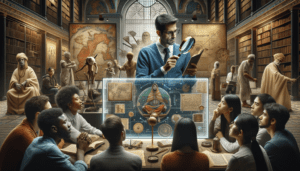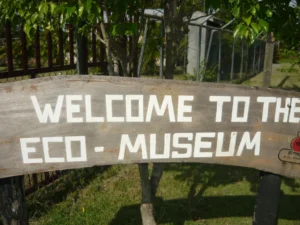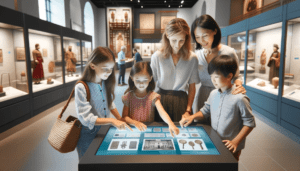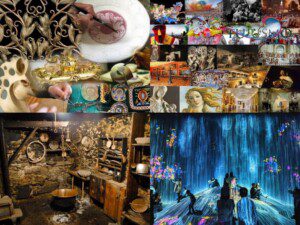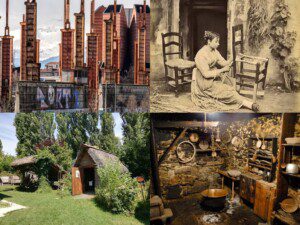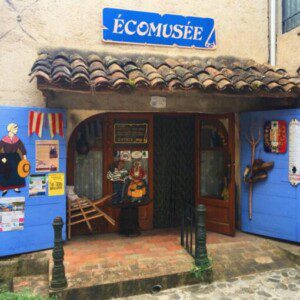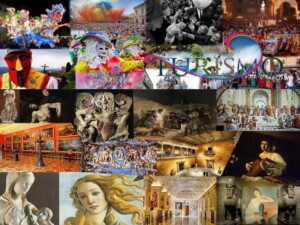SPE201: Fundamentals and Practices of Heritage Interpretation (16 hours)
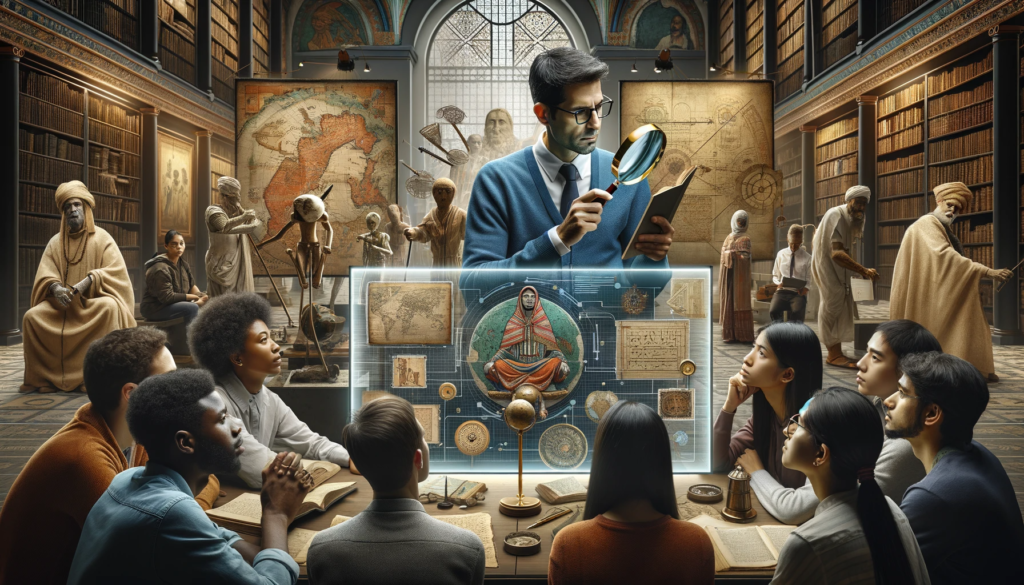 AI image
AI image
Press: As part of the "Towards a new tourist and cultural horizon" campaign, the SPE201 course, dedicated to the "Foundations and Practices of Heritage Interpretation", is currently available free of charge for some categories of recipients, including: Public Administration, Associations and Institutions that deal with the Promotion of the Territory, members AIPTOC, Guides and tour leaders, Hiking Guides, professionals authorized by the Helios Study Center.
Supplying authority: Helios Study Center
Course Type: Basic course
Course delivery methods: Online
The course, lasting 16 hours, in E-Learning mode (FAD) can be attended without time or place constraints.
Aims
This course aims to promote a holistic approach to the valorization of the territory, introducing the fundamental principles of the experiences and interpretation of cultural heritage. Through practical examples, it will be illustrated how these principles are implemented in the context of Heritage Interpretation.
At the end of the course, after passing the final test carried out online, a certificate will be issued proving the knowledge acquired.
Other accolades
- Recognized by the Italian Association of Tourism Professionals and Cultural Operators (AIPTOC)
- International Experience License (IEL): Certificate valid for the issue of the International Experience License (IEL): Experiential Literacy (First Level IEL). Info: International Experience License (IEL)
Educational content
Module 1: Heritage Interpretation (14 hours)
- Origins of the concept of Interpretation
- The “fathers” of the concept of Interpretation
- John Muir
- Liberty Hyde Bailey
- Enos Abijah Mills
- Freeman Tilden
- Definition of Interpretation
- Freeman Tilden's Principles of Interpretation
- Evolution and review of the Principles of Interpretation
- William J. Lewis
- Sam Ham
- John Veverka
- Larry Beck and Ted T. Cable
- The Principles of Interpretation Experience Paths
- Interpretation through the senses
- Multisensory approach
- Participation
- thematic approach
- aesthetic approach
- Immersion
- Interpretation through communication
- Revelation (hermeneutical communication)
- Provocation (communication based on provocation)
- Systemic approach (holistic view)
- Tailored approach
- Creative approach
- Interpretation based on facts
- Simplicity and communicative coherence
- Interpretation through emotions
- Cultural approach (local identities)
- Uniqueness
- Relational approach (participant centrality)
- Educational process (experiential learning)
- Entertainment
- Emotional connection (passion)
- Interpretation and Education
- The “fruits” of interpretation
- The different disciplines of Cultural Heritage Interpretation
Module 2: Professional Figures in the Experience Sector (2 hours)
- The recognition of the skills of professions in the sector of Cultural Heritage Interpretation
- Certification of Quality and Professional Qualification of services pursuant to Law 4/2013
- Recognition schemes for experiential professional figures
- Heritage Interpreter
Featured training
Basic courses
Courses with Professionalizing Certification pursuant to Law 4/2013





